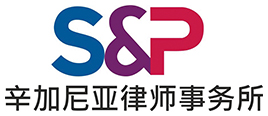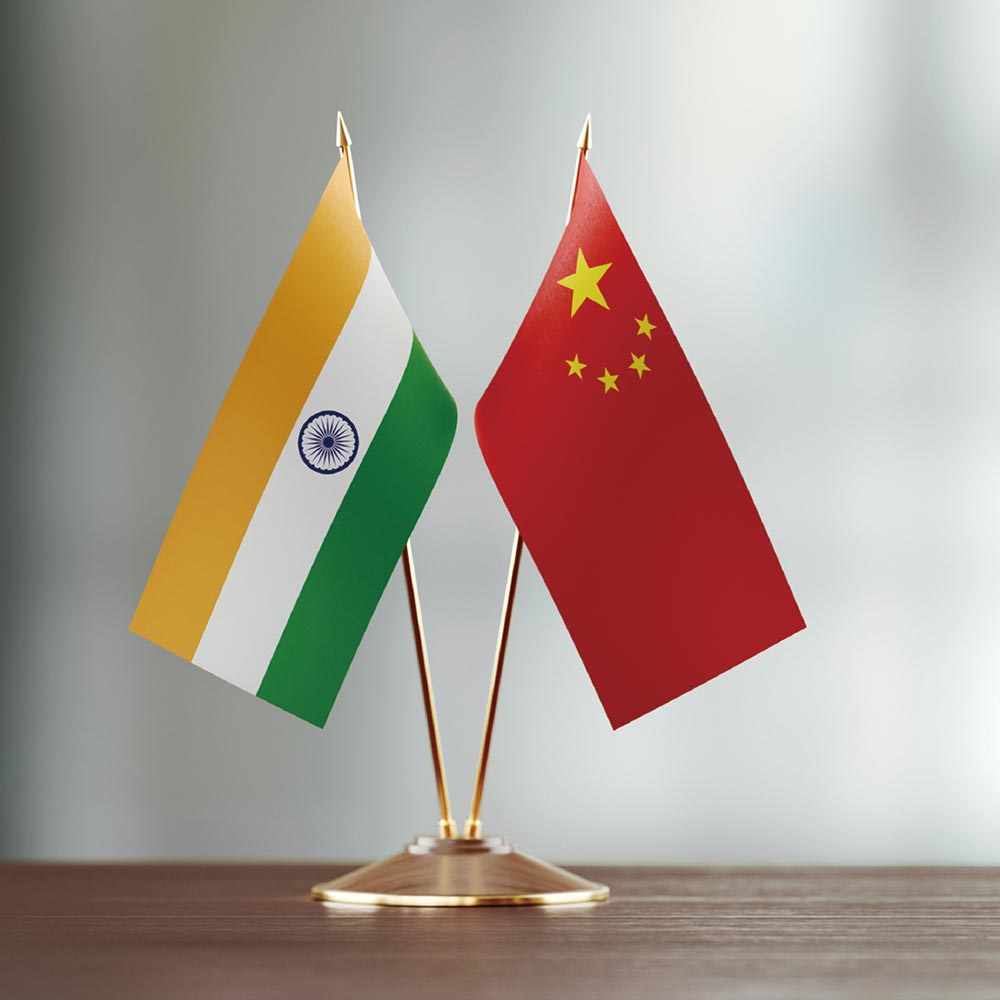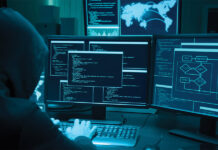The internet of things (IoT) is a set-up of interconnected objects, people or systems that process and react to physical and virtual information. It achieves outcomes that aim to improve user experience or the performance of devices and systems. The expression IoT is increasingly being used to define objects that talk to each other.
Consider the following scenario: An alarm-clock transmits one’s wake-up time to the coffee-maker which in turn collects the information to perform the activity of making a cup of coffee available at the appropriate time. Further, the coffee-maker in turn transmits the information to the car to set the temperature inside to comfortable levels by the time one drives. The car in turn indicates the offices electrical switches to be switched on and signals the computer to prepare the schedule.
Simply put, the IoT is made up of several devices – from simple sensors to smartphones and wearables – connected together, which gather and analyze information and help perform a particular task or learning from the process. When many devices act in unison, they are known as having “ambient intelligence”.
You must be a
subscribersubscribersubscribersubscriber
to read this content, please
subscribesubscribesubscribesubscribe
today.
For group subscribers, please click here to access.
Interested in group subscription? Please contact us.
你需要登录去解锁本文内容。欢迎注册账号。如果想阅读月刊所有文章,欢迎成为我们的订阅会员成为我们的订阅会员。
Dipak Rao is a senior partner and Sana Singh is an associate at Singhania & Partners
 Singhania & Partners LLP,
Singhania & Partners LLP,
Solicitors and Advocates
P-24 Green Park Extension
New Delhi 110016, India
Tel:
+91 11 4747 1414
E-mail:
dipak@singhania.in
sana@singhania.in
www.singhania.cn





























